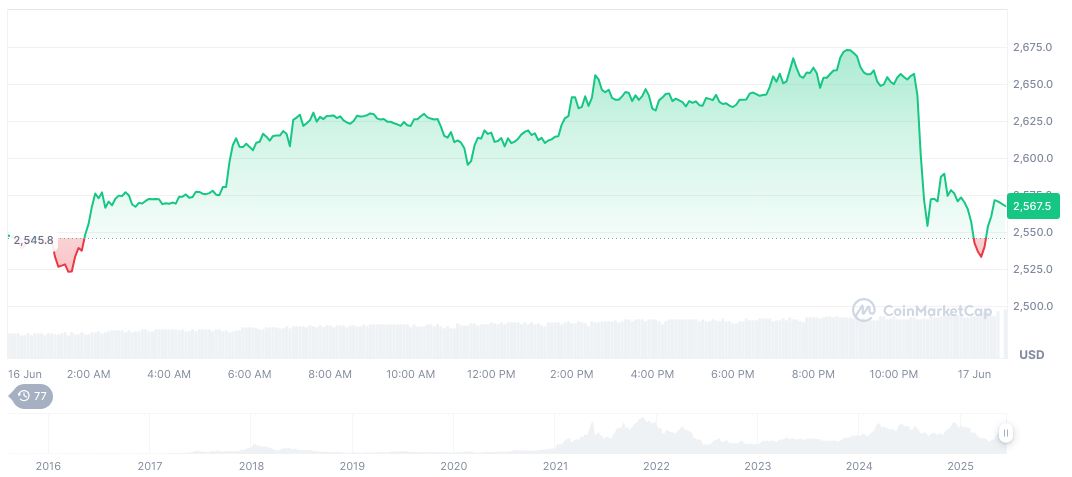On June 17, Malaysian Prime Minister Anwar Ibrahim launched the Digital Asset Innovation Center during the 2025 Sasana Symposium in Kuala Lumpur. This initiative is positioned to enable Malaysia’s rise as a regional fintech leader.
The hub offers a regulatory sandbox for testing stablecoins and new payment systems, linked to Malaysian priorities in ASEAN integration.
Malaysia Positions for ASEAN Fintech Leadership
Anwar Ibrahim unveiled Malaysia’s Digital Asset Innovation Center at the Sasana Symposium, highlighting a significant move towards fintech compliance and innovation. The center will allow the testing of Ringgit-backed stablecoins and programmable payments. Bank Negara Malaysia, under the leadership of Abdul Rasheed Ghaffour, is steering this project. Key goals include expanding into cross-border payment interoperability.
Immediate effects involve regulatory sanding for stablecoins in Malaysia and include a push towards asset tokenization. Authorities are working closely with the financial industry to ensure the hub’s activities align with Malaysia’s digital economic ambitions.
Community reactions have been positive, acknowledging Malaysia’s commitment to digital finance. Anwar Ibrahim stated: “The hub will serve as a catalyst for progress, enabling innovators to test use cases such as programmable payments, ringgit-backed stable coins and supply chain financing; unlocking new efficiencies across the financial system and the broader economy.”
Stablecoins and Tokenization Gain Ground Amid Regional Integration
Did you know? Hong Kong and Singapore have seen fintech growth with similar regulatory frameworks, leading to increased investor interest and a surge in blockchain innovations.
Ethereum (ETH) recently recorded a 2.38% decline in daily trading, priced at $2,551.49, with its market cap at $308.02 billion. Despite a 7.98% weekly fall, ETH has gained 60.59% over 60 days. Trading volumes reached $24.31 billion, according to CoinMarketCap.

The Coincu Research Team’s insights highlight Malaysia’s fintech efforts could greatly influence Southeast Asian digital economies. The focus on asset tokenization and programmable payments is seen as aligning effectively with ASEAN economic integration objectives.




